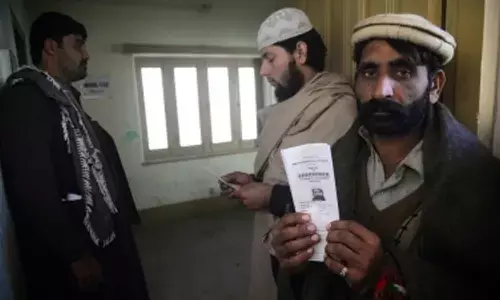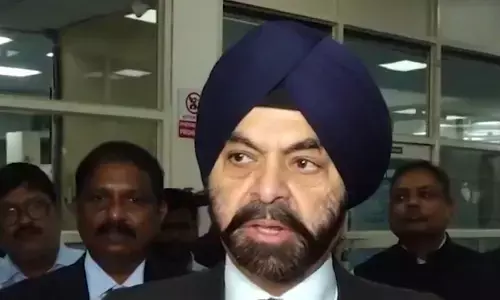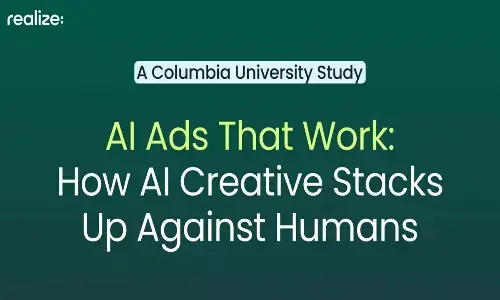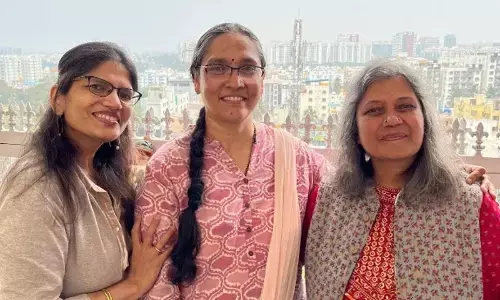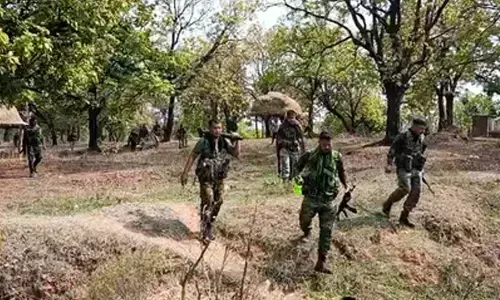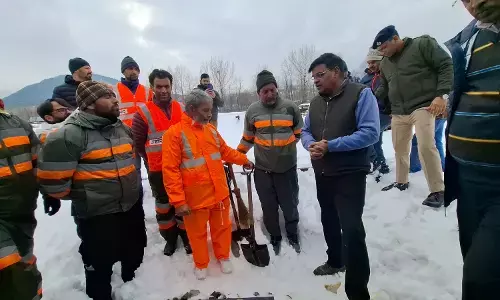IAS and its changing nature over seven decades
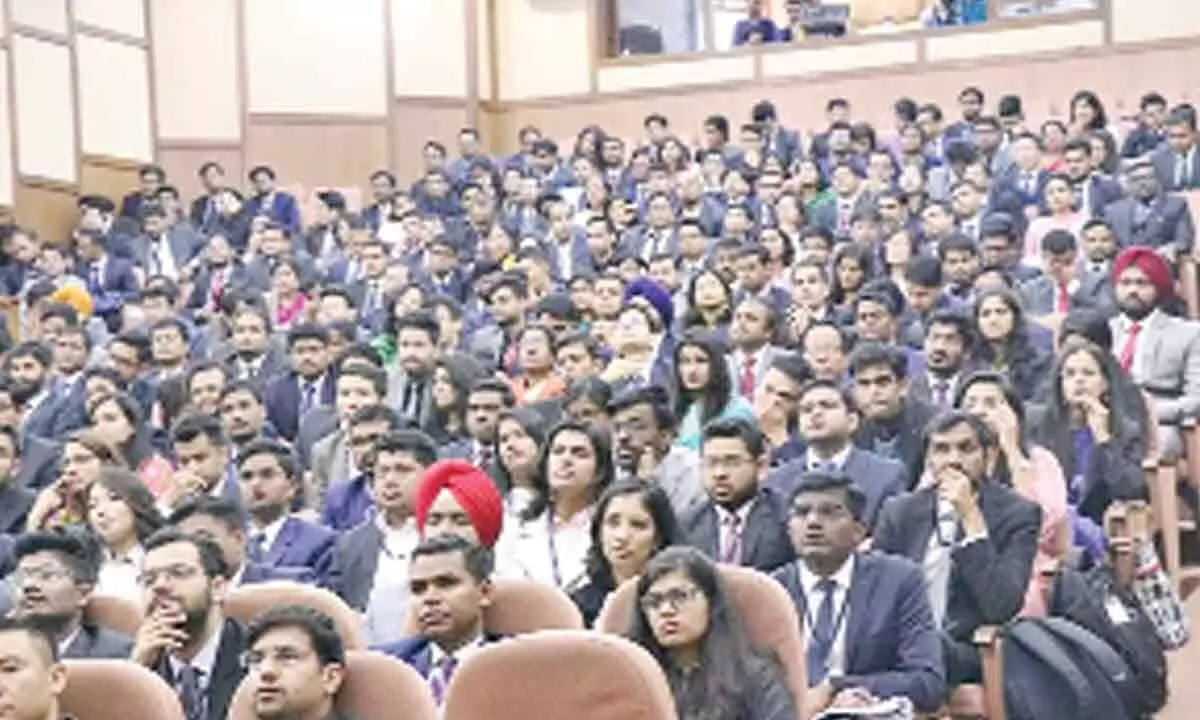
C.B. Rau is a senior colleague and presently lives in Hyderabad. Belonging to the Andhra Pradesh cadre of the IAS, he spent close to two decades in the United Nations system at New York and returned to Hyderabad after retirement. We have kept in close touch with each other on several matters of common interest, mostly pertaining to governance and related issues in the country. He recently shared with me some thoughts as on important matters, such as the state of the judiciary in the country. He has interesting views on the IAS as well.
According to him, the bottom line is that, so long as the present quasi – federal, or the neither fish nor fowl, Constitution remains, the need for a Service, such as the IAS, in its present form, will remain. A new Constitution, with a different paradigm of governance – fully federal or wholly unitary, might not need it. In what follows, I have, with his permission, borrowed freely from the material provided by him, also adding my own thoughts.
Oscar Wilde said of George Bernard Shaw, that Shaw had no enemies, but was intensely disliked by all his friends! The IAS, today, I am afraid is in a somewhat similar situation. Whether it is the other All India Services, the Central Services, Professional Services such as medical and engineering, the Judiciary, the political leadership, the academicians, or the corporate sector, a feeling of being unfairly regarded, as somewhat inferior to the IAS, is not uncommon.
This feeling was not totally unreasonable, at least until a few years ago. The IAS enjoyed a sort of primus inter pares position, with a two-year lead in matters of promotion, among other advantages. That disparity is no longer there, but the earlier feelings persist, if in a subdued manner.
The IAS no longer even remains the only Service which offers a wide variety of postings in different sectors. In fact, these days, it is quite common to find a Indian Railway Traffic Service officer, in the highly technical Seeds Division of the Agriculture Ministry or a Indian Defence Ordinance Service officer, serving in the trade policy division of the Commerce Ministry.
In the case of the Judiciary, for instance, the position in the districts is that the District Judge ranks after the District Collector, in matters of protocol. However, with the passage of time, if the judge is elevated to the High Court and the Collector is fortunate enough to become the Chief Secretary of the state, many places will separate the two in the warrant of precedence at the state level.
In the ultimate analysis, it is really the neglected sections of society, especially women, children the Schedule Tribes, Castes, the Backward Classes and the physically and mentally challenged, who usually remember the Services rendered by members of the Service, at least at the district level.
This, Rau points out, is because the IAS, at that level, is 'relevant' not because of its 'power'. A lighthearted aside maybe in order at this point. Soon after my selection to the IAS, a neighbour accosted me and asked me, of all things, for a 5 litre can of kerosene! That commodity, after all, was so highly sought after those days!
Stopping, for a moment, to trace the history of the IAS, it is in the debates, in the Constituent Assembly, that its genesis took place. Sardar Patel, the visionary leader, conceived it as an instrument of unification of the country. Consequently, a unique provision, not available elsewhere in the world, was brought into the document, to provide for the freedom and independence of the Service, apart from a significant measure of protection from political interference.
Quite apart from that, the trawling grounds, for recruitment to the Service, the method of recruitment, as well as the credentials of the institution to which the task has been entrusted (the Union Public Service Commission), have, taken together, resulted in the coming into being of a Service, which presents a rich mixture of professional competence and academic excellence.
Doctors, engineers, chartered accountants, veterinarians, architects – people from practically every academic discipline can be found in the Service today. The position, in fact, makes a loud statement, that those days are finally behind us, when entry into the Service was restricted to those from affluent backgrounds or with public school education.
Now, taking a look at the performance of the members of the Service, one finds that some of them have left a permanent mark on the administrative history of the country by their extraordinary courage, vision and empathy. The elite as, well as the hoi polloi, will never forget the likes of people such as S.R. Sankaran, T.N. Seshan, B.D. Sharma, J.M. Lyngdoh and Aruna Roy – people who easily walk into the category of great civil servants.
There are hundreds of others who have given an excellent account of themselves, in a variety of areas, including the maintenance of law and order, conduct of general elections, management of natural disasters, or even diplomacy. Members of the Service have also, more than adequately, discharged their main function, of advising the political leadership, implementing the policies resulting from that advice and being the instruments of providing last mile connectivity, by ensuring delivery of the benefits of development initiatives to those for whom they are intended. A study of the history of the Service, from inception to date, also presents an interesting pattern so far is the relationship between the IAS and the political masters is concerned, a relationship that has undergone a sea change, in the seven decades after independence. The political leadership no longer requires the sort of guidance, and support, which it did in the beginning.
Simultaneously, value systems have also changed on both sides, and inefficiency and corruption, regarded as heresy initially, are no longer strangers in the realm of public life. And the entry, of the businessman, into the picture, has completed the vicious cycle of the politician, bureaucrat and businessman nexus, only succeeding in making things worse.
Over the decades, in a natural, and, in many ways desirable, manner, power has steadily moved into the hands of the elected representatives, away from the bureaucracy. However, even today, the officials wield much more authority than non- officials, especially when compared to countries such as the UK and the USA. The pity is that power brought with it intolerance and temptation.
Impatient, either for securing the public good or on account of personal ambition, political leaders began to ride roughshod over the bureaucracy. Transferring an officer, away from an important post to an insignificant one, was often used as a measure of punishment for those who fail to toe the line of the political leader. But a transfer, as an instrument of punishment only has a limited impact.
I remember how I was shifted away from the prestigious Krishna district, where I was the Collector, to the Fisheries Corporation of Andhra Pradesh state, a job which, I found myself telling a person recently, I enjoyed the most in my service!
Simultaneously and, equally unfortunately, government servants began to adopt a pliant attitude, either on account of fear or temptation. Many civil servants accepted the "if you can't lick 'em, join 'em" philosophy. In fact, during the days of the emergency in the 1970s, things came to a pass when, as L.K. Advani said, civil servants chose to crawl when they were merely asked to bend.
What were once instruments of public policy had become tools in the hands of the unscrupulous political leadership. As Rau perceptively observes, the Constitutional shield for the civil servant is only for the sake of safety and not for protecting his or her dignity. Once you rush in where angels fear to tread, you're on your own!
(The writer is former Chief Secretary, Government of Andhra Pradesh)
(The opinions expressed in this column are that of the writer. The facts and opinions expressed here do not reflect the views of The Hans India)









